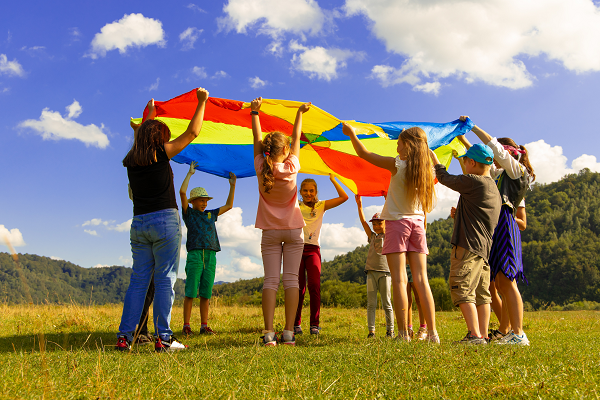The Brug Folkeskolen movement: A Danish example of moving from segregation to integration

The reputation of state schools is often challenged, leading to a growing number of parents choosing a private school instead of a state one. This is linked with parents’ concerns about a school’s working habits, student engagement, quality of the school day, discipline and diverse ethnic backgrounds in the classroom.
Many parents don’t have enough knowledge of their local state school, and they are unaware that state schools are often better than their reputation suggests. Therefore, for the last 20 years, the Copenhagen-based grassroots ‘Brug Folkeskolen’ movement has been aiming to counteract shopping for schools and reduce ethnic and social division in the city’s primary schools. This ‘use state schools’ movement works directly with local schools and encourages parents to become their ambassadors to spread good stories, create better parental cooperation and attract more pupils to the schools.
‘Nørre Fælled school has been extremely happy collaborating with Brug Folkeskolen. Through videos and our Facebook page, the school has created a new strong story about ourselves in the local area.’ BF annual report 2020
Other local and nation-wide initiatives also exist. For example, several organisations (including the Association of School Leaders and the Danish Teachers' Association) have created a guidebook to ‘Get more people to use the primary school’. The guidebook aims to inspire and encourage parents, educators and policymakers to focus on the positive aspects of state primary schools. The materials can be utilised in various contexts to promote local primary schools in a positive light by highlighting their strengths and successes.
Additional information
-
Education type:Early Childhood Education and CareSchool Education
-
Target audience:Careers CouncillorGovernment / policy makerHead Teacher / PrincipalNot-for-profit / NGO staffParent / GuardianResearcherStudent TeacherTeacherTeacher Educator
-
Target audience ISCED:Early childhood education (ISCED 0)Primary education (ISCED 1)Lower secondary education (ISCED 2)

